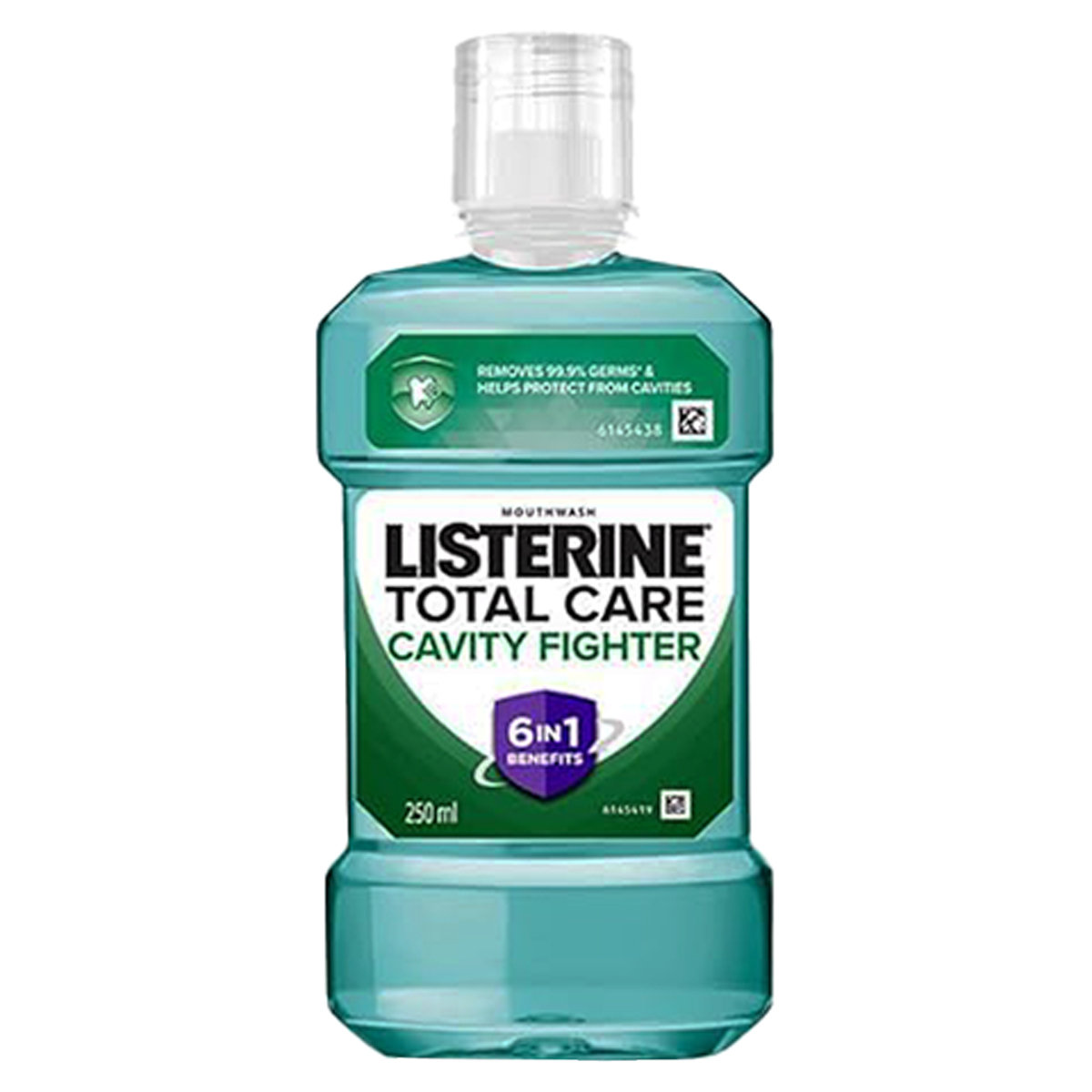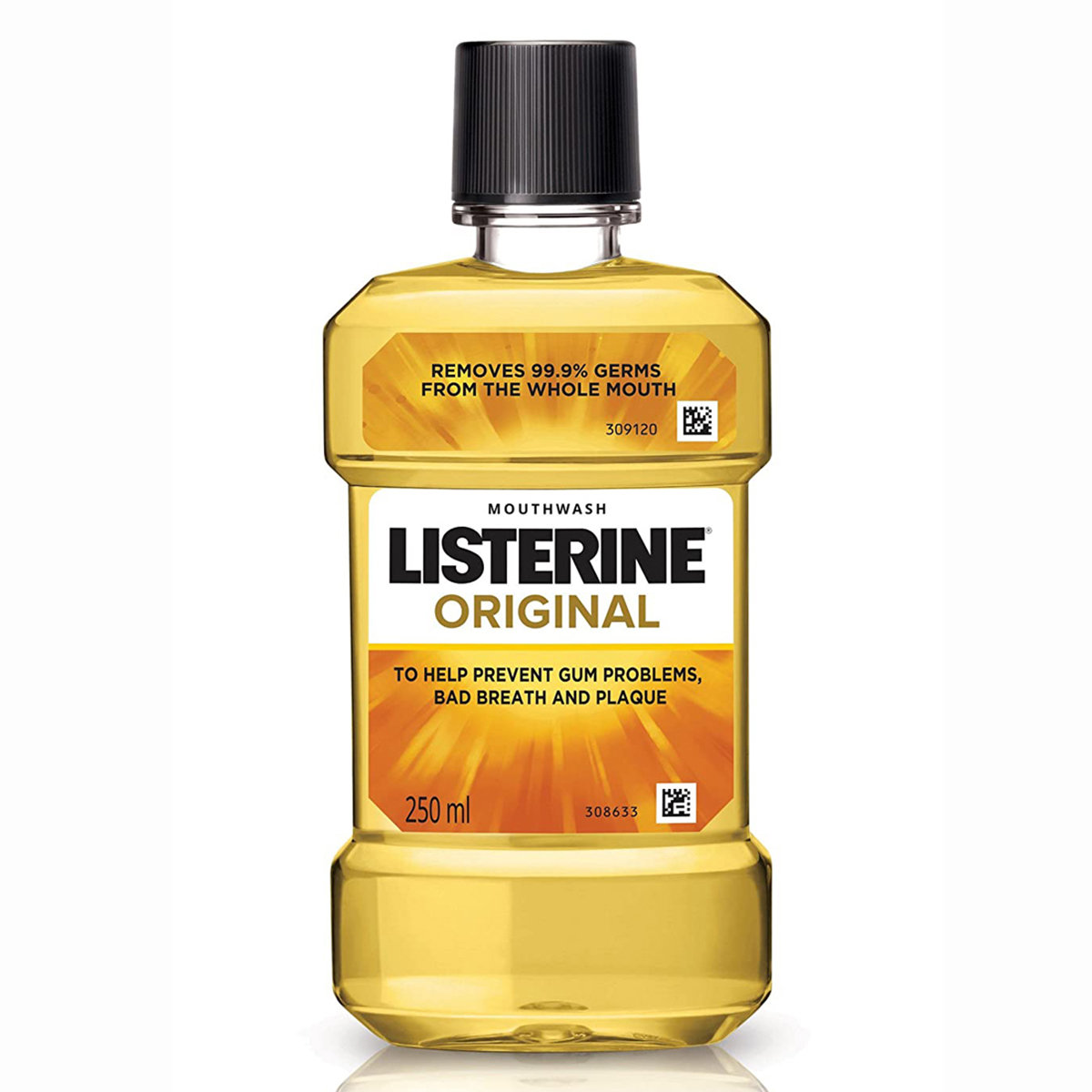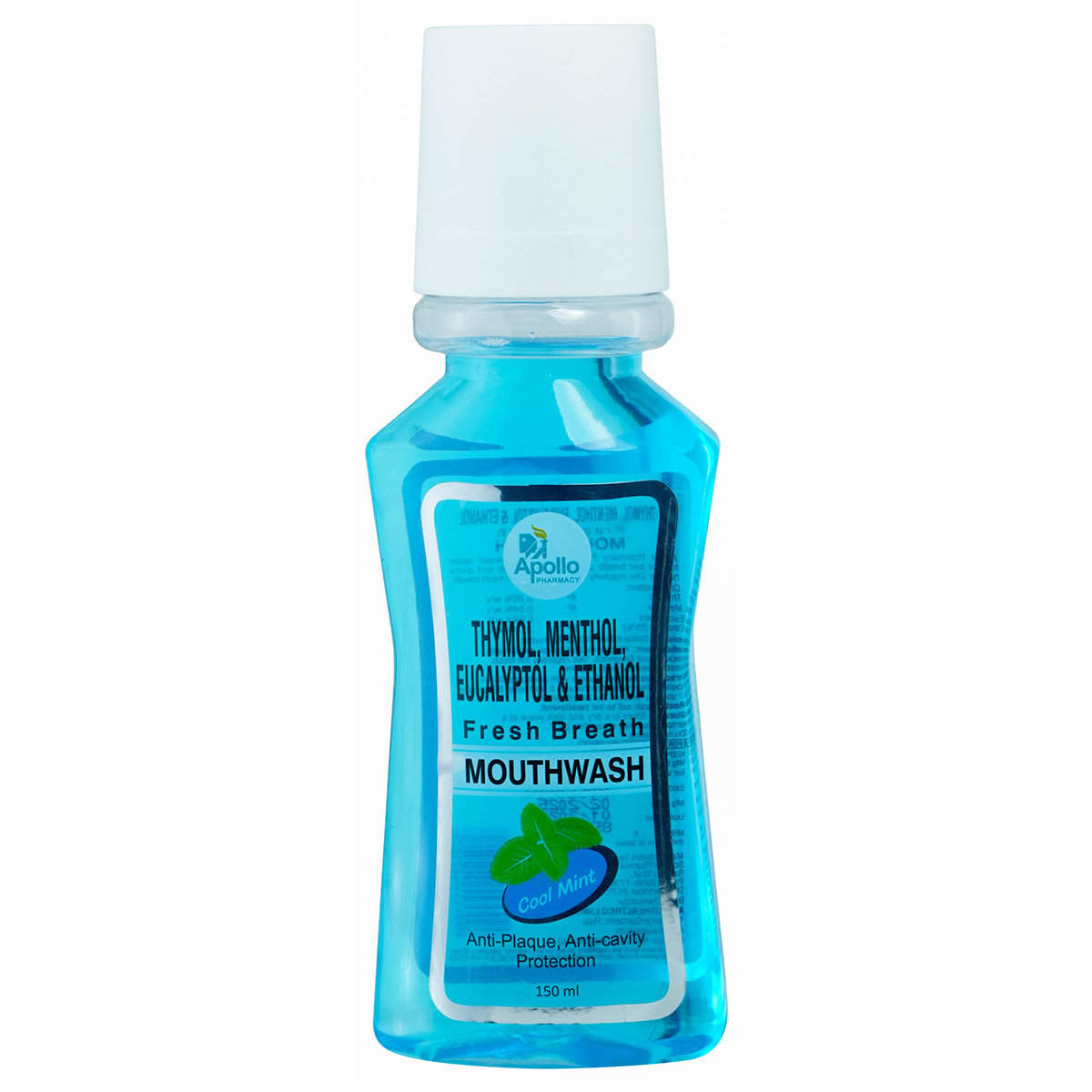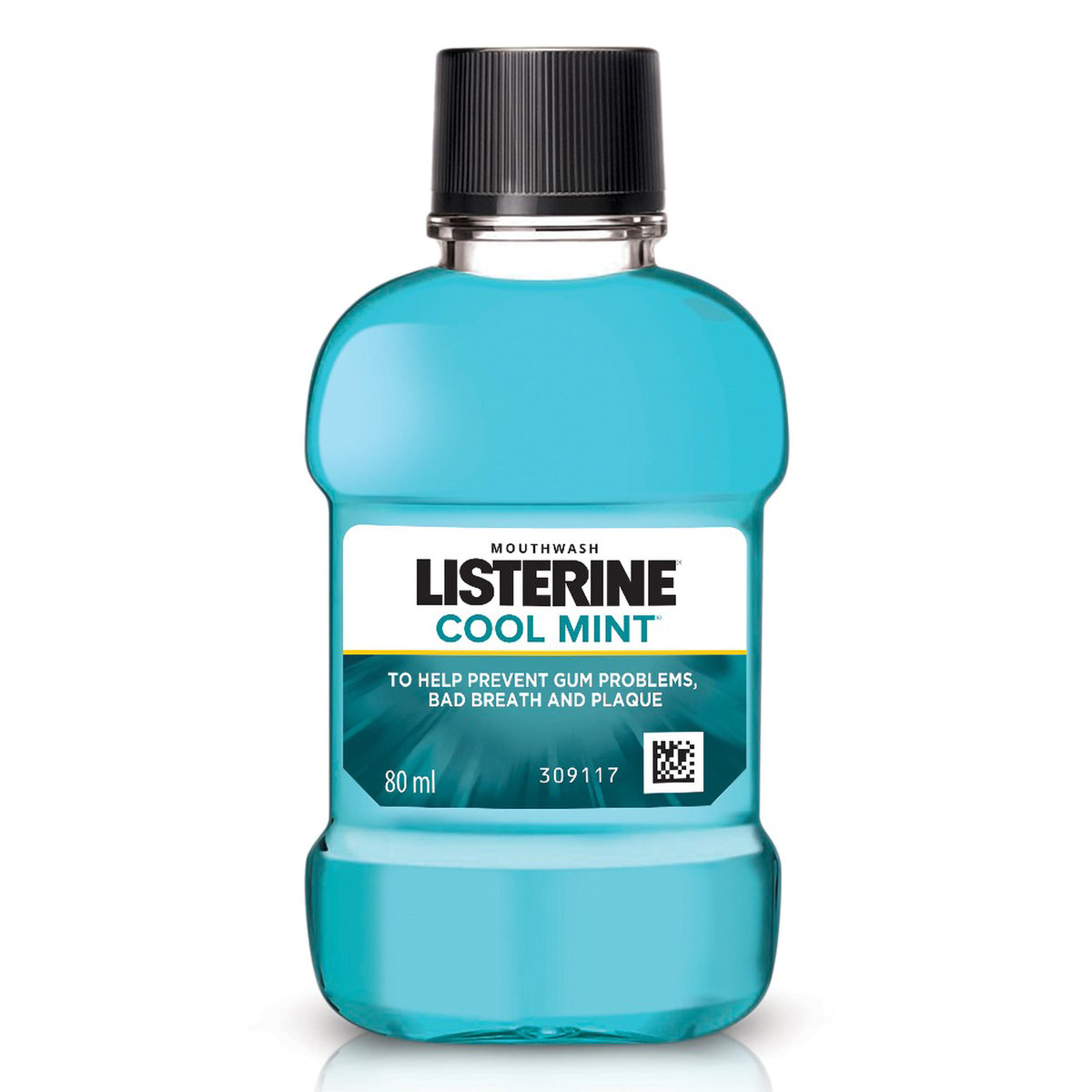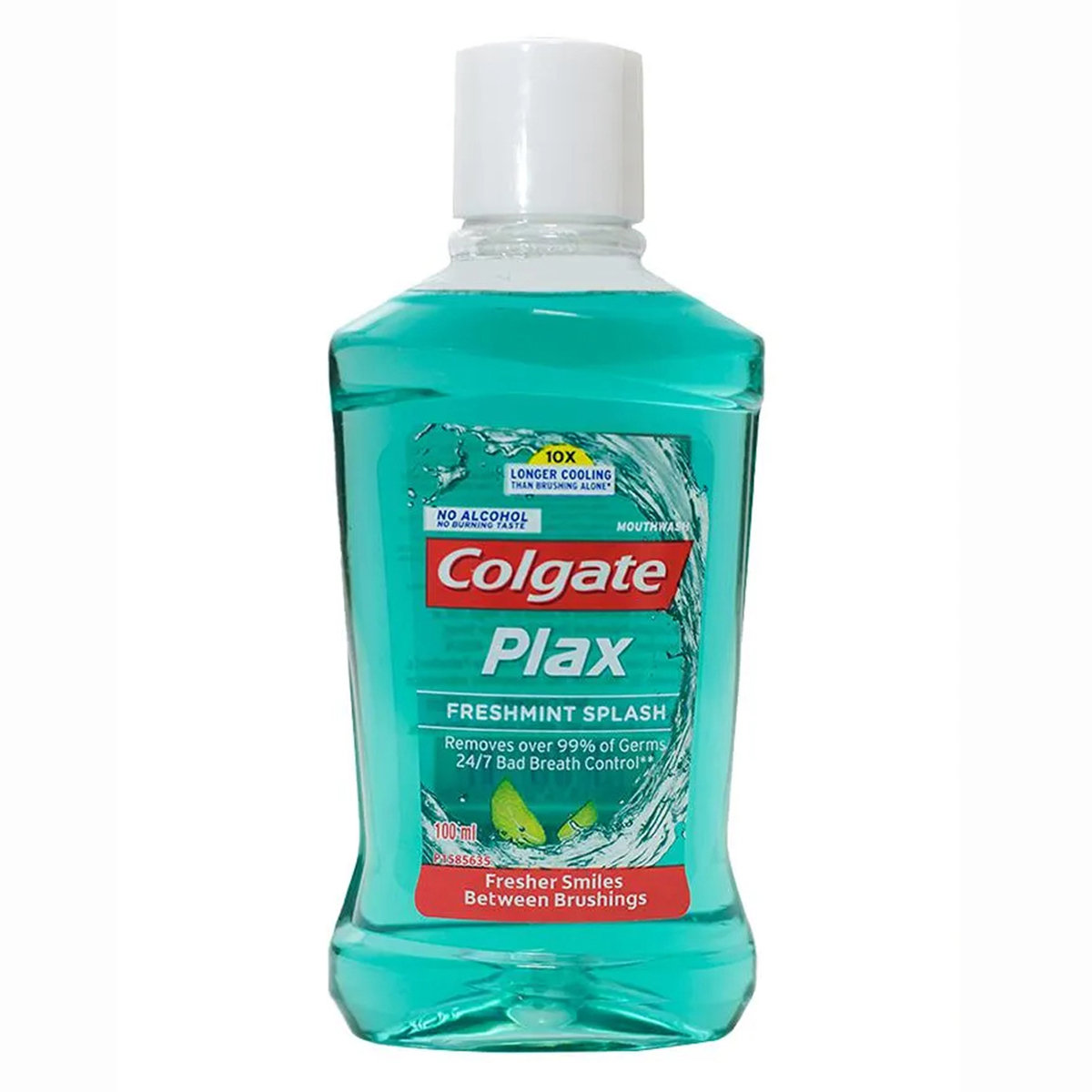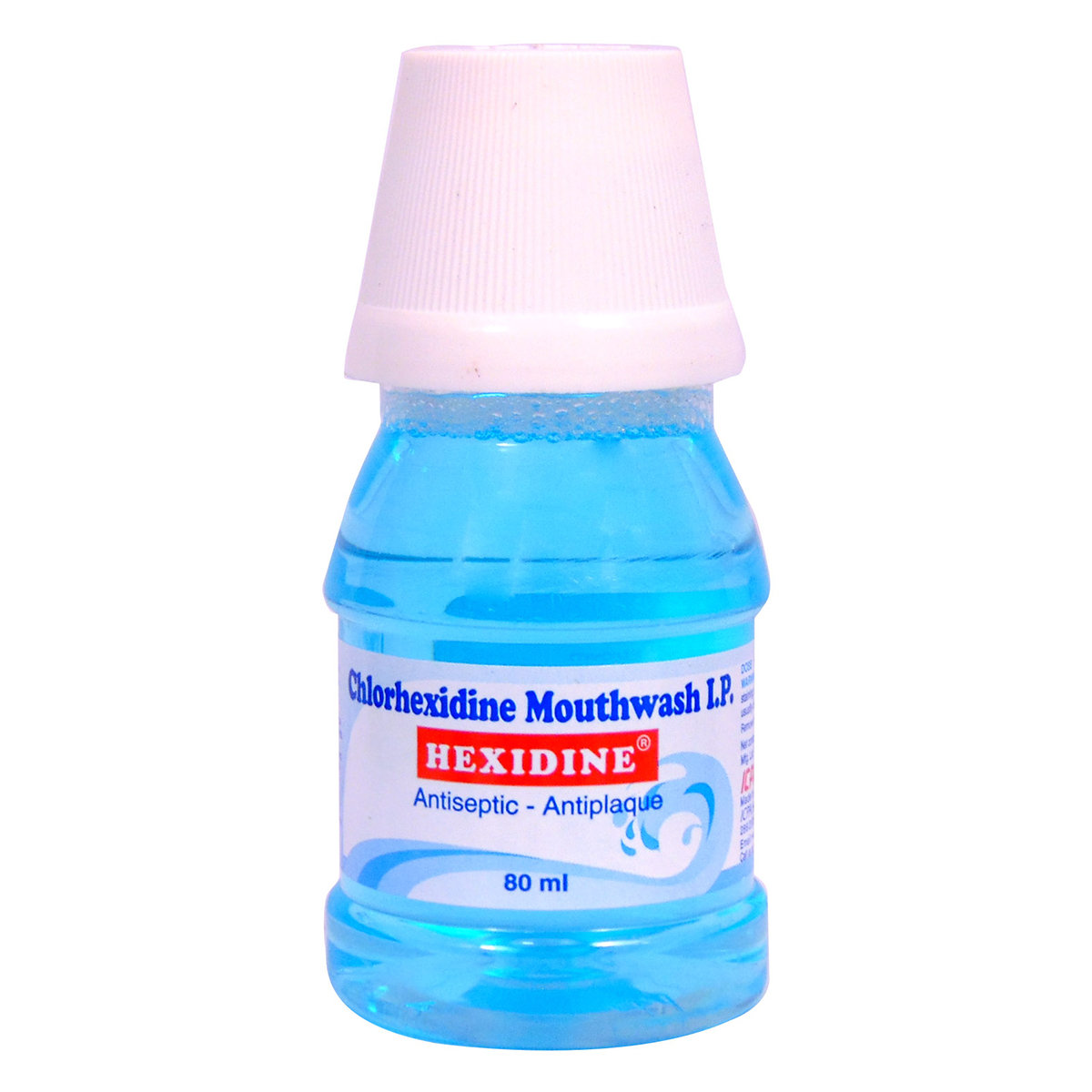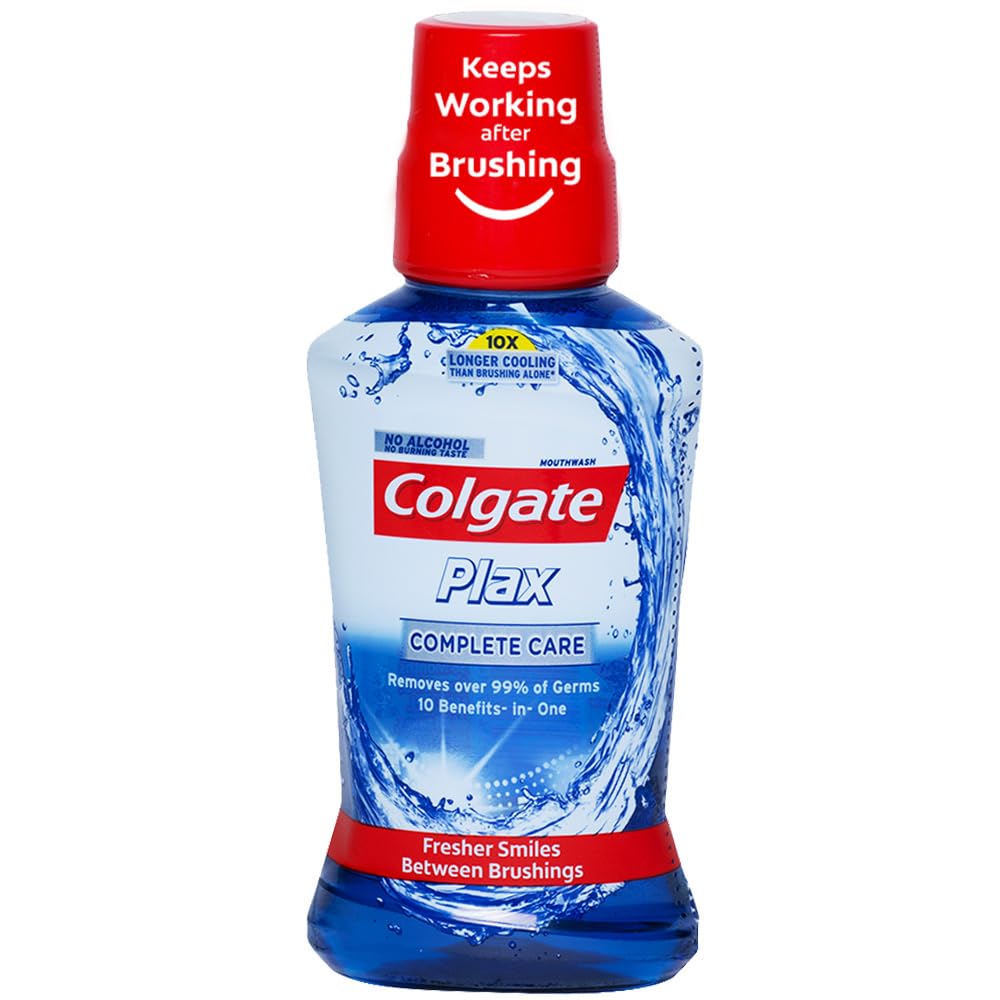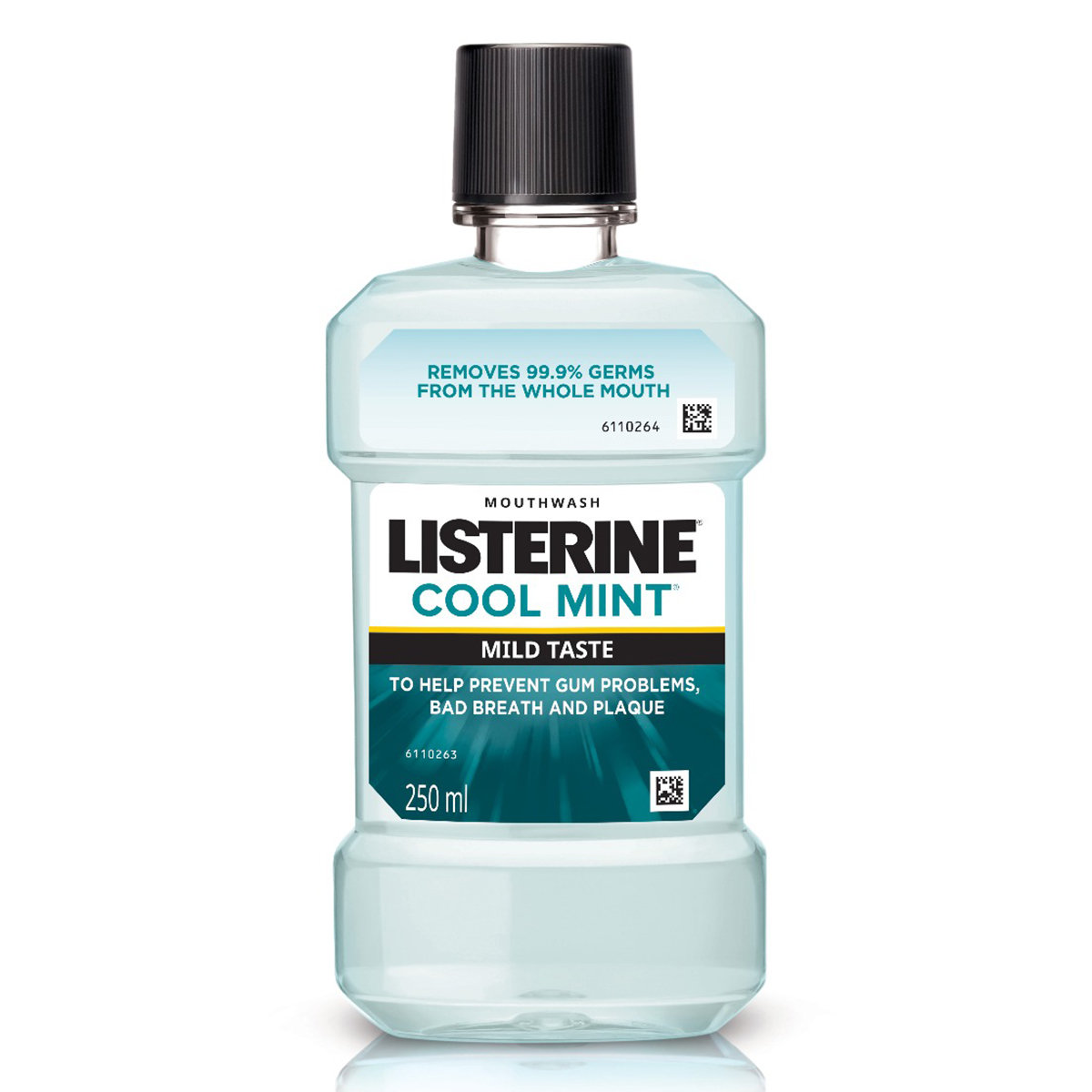- Home
- Personal Care
- Oral Care
Mouth Wash
Mouth Wash
- Total Items (75)

Apollo Pharmacy Povidone Iodine 2% W/V Gargle, 100 ml
₹92.70
MRP ₹103
10% off
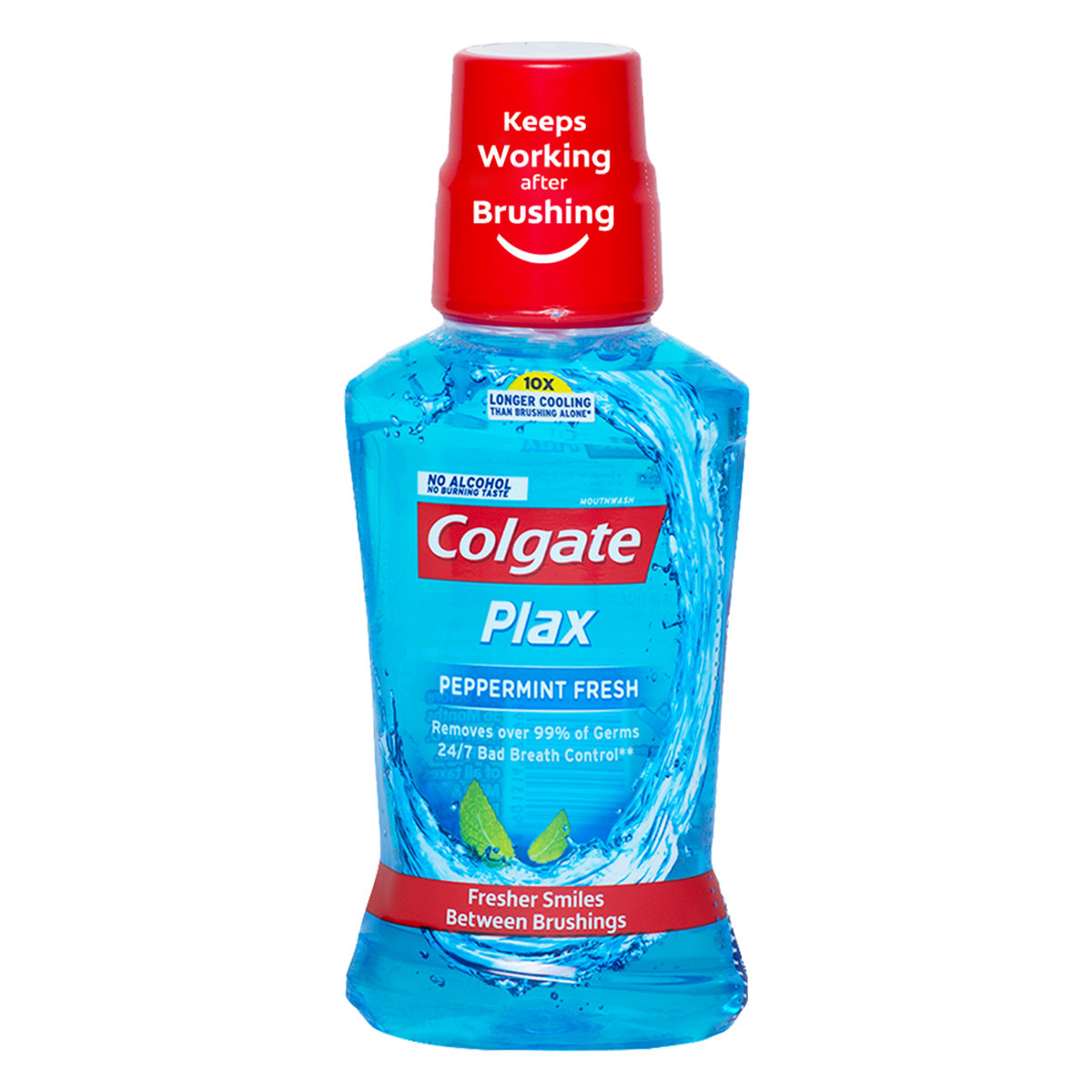
Colgate Plax Peppermint Fresh Mouthwash, 250 ml
₹157.30
MRP ₹185
15% off
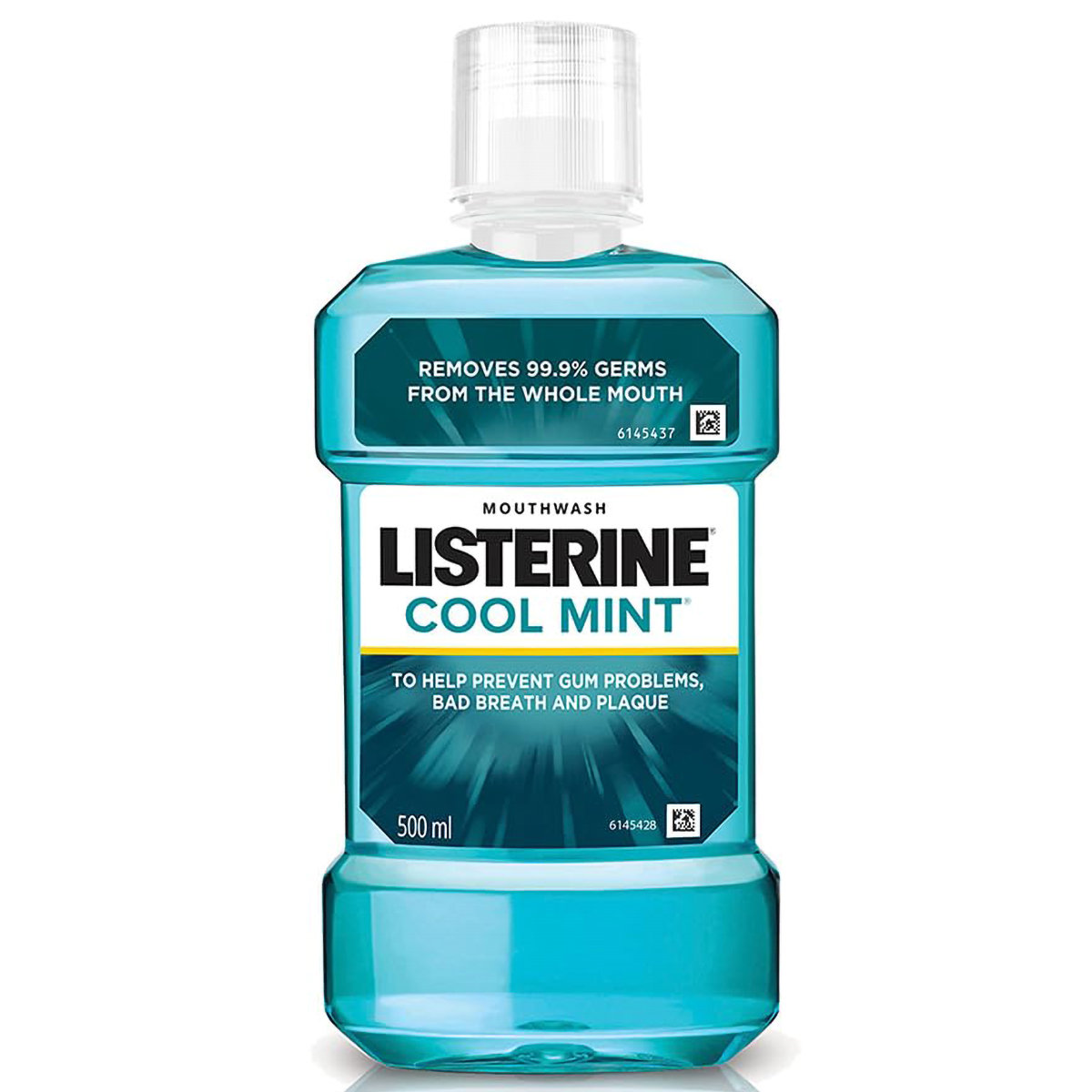
Listerine Cool Mint Mouthwash, 500 ml
₹299.30
MRP ₹399
25% off
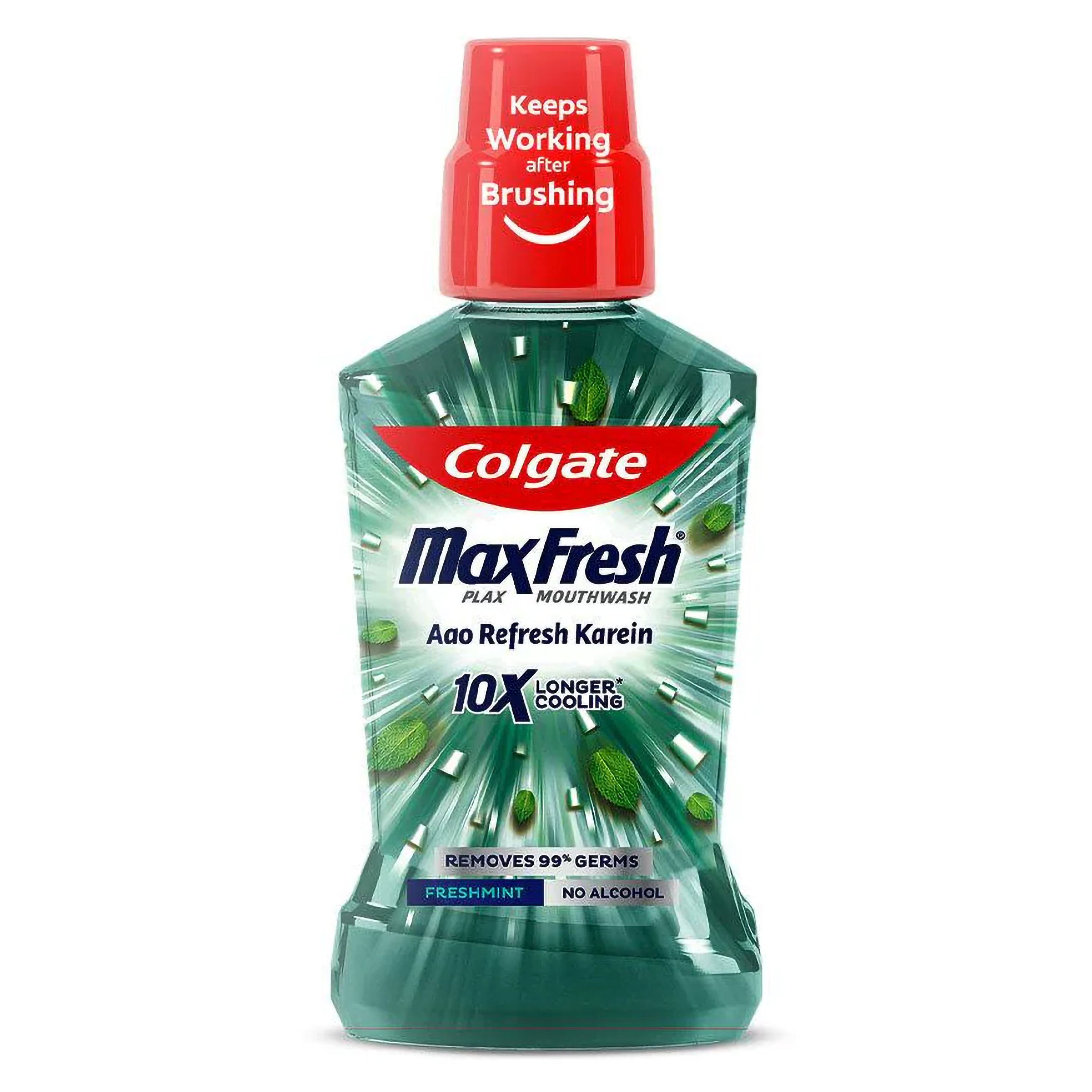
Colgate Plax Freshmint Splash Mouthwash, 250 ml
₹157.30
MRP ₹185
15% off

Sensodyne Complete Protection+ Mouthwash, 250 ml
₹228
MRP ₹240
5% off

Uvdyne Mouthwash, 500 ml
₹544.60
MRP ₹605
10% off
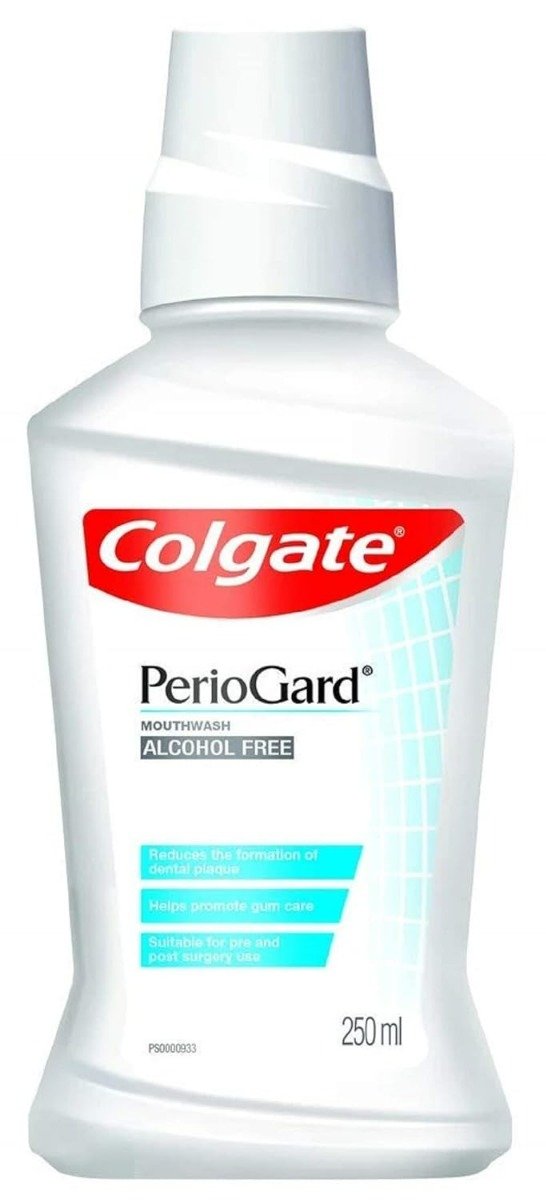
Colgate Perigard, 250 ml
₹216
MRP ₹240
10% off

Sensodyne Complete Protection+ Mouthwash, 100 ml
₹123.50
MRP ₹130
5% off

Colgate Plax Peppermint Fresh Mouthwash, 500 ml
₹324
MRP ₹360
10% off

Listerine Cool Mint Mild Taste Mouthwash, 500 ml
₹262.50
MRP ₹350
25% off

Himalaya Hiora-K Mouthwash, 150 ml
₹126
MRP ₹140
10% off
Explore a Wide Range of Mouthwash Options Online at Apollo Pharmacy
Dental hygiene is often at the top of the list for anyone, and mouthwashes are a great way to maintain that. In fact, in a pinch, they can serve as an excellent alternative to brushing and flossing since a mouthwash can eliminate odour quickly. Moreover, they make your mouth feel fresh for a long time. Mouthwashes have now become a regular part of any holistic dental routine. People brush, floss, and finally rinse with a mouthwash. This is advantageous in many ways. While brushing helps remove the primary dirt and clean the tongue, flossing helps remove
particles stuck between the teeth. Using an oral rinse helps remove any other buildup and odour, leaving you feeling fresh.
However, there are many types of oral rinses. Some are made of natural products, and others contain chemical components like methyl salicylate and fluoride. These are all available at the Apollo Pharmacy online store. Not only that, but the store also stocks certain Ayurvedic oral rinses and even different flavours of the regular mouthwash.
Types of Mouthwash
There are several types of mouthwashes. Some of the most typically used oral rinses
include:
- Fluoride mouthwash: These are the most commonly used mouthwashes. They protect against cavities and decay and strengthen teeth.
- Alcohol-free mouthwash: These rinses do not have commonly-found components such as sodium lauryl sulfate, benzalkonium chloride (allergen), saccharin, or alcohol. They are usually far safer than regular mouthwashes.
- Anti-plaque mouthwash: These oral rinses help prevent plaque buildup and gingivitis.
- Natural mouthwash: They are made entirely of natural ingredients and constitute natural oils to help combat odour and reduce bacteria.
- Antifungal mouthwash: This is used to treat thrush, an infection caused by the candida fungus.
- Mouthwash for kids: Mouthwashes are not safe for children under 6. However, older children with braces often need an oral rinse to prevent plaque buildup under their brackets. Hence, these are specially created oral fluoride rinses for children.
Benefits of using a mouthwash for dental care
The different types of mouthwash all serve different purposes. Here are some additional
benefits of using mouthwashes:-
- Fluoride in the mouthwash aids in cavity prevention by reducing the demineralisation and decay that causes cracks and holes.
- Mouth ulcers are excruciatingly painful. Using an oral rinse can help numb the region and assist in healing.
- Oral bacteria can enter the bloodstream and cause pregnancy issues. Therefore, using a mouthwash can help remove any bacteria from the mouth before they can enter the mother's bloodstream.
- Plaque and other particles get lodged in the mouth, creating germs that result in gum disease. An oral rinse destroys these germs.
- Using mouthwash helps eliminate any debris left over from brushing and flossing. Furthermore, it can remove dirt from parts of the mouth that toothbrushes or floss strings cannot reach.
Frequently asked questions
Oral rinses are not particularly bad for the mouth. However, it has certain disadvantages. One of them includes masking the smell of one's mouth. Smell is essential to know whether someone is healthy or not. Mouthwashes with alcohol can also be highly detrimental to dental health. It can kill some of the good bacteria necessary for dental health.
Mouthwash can help prevent plaque buildup and mask bad breath. Moreover, it keeps your mouth feeling fresh and clean. However, it isn't necessary to use a mouthwash. Simply brushing regularly and flossing can be enough to maintain good oral hygiene.
One can use a mouthwash a few minutes after brushing and flossing. It can also make a great substitute for brushing after eating small meals or snacks. Nevertheless, one needs to continue brushing twice a day. Mouthwash cannot substitute that.
Children under the age of six should not use mouthwash, while children above six should be supervised when using them. Furthermore, those with oral sores, an impaired immune system, or those who are receiving chemotherapy should discontinue using an oral rinse. Lastly, people allergic to any mouthwash ingredient should avoid using them entirely.
No. Mouthwash or an oral rinse is only an extra step in one's dental care routine. Whereas brushing and flossing are the bedrock of healthy teeth. An oral rinse cannot substitute for those.

